Quizlet
Quizlet: 3rd Grade: Unit 3 Reading: Main Idea: Test
This interactive assessment features 4 multiple-choice and 3 true/false questions relating to the main idea and their definitions. These terms include the following: main idea, details, summarize, data, connecting, explicit facts, and...
Quizlet
Quizlet: 3rd Grade: Unit 3 Reading: Main Idea: Test
This interactive assessment features 7 multiple-choice questions over terms relating to the main idea and their definitions. These terms include the following: main idea, details, summarize, data, connecting, explicit facts, and...
Quizlet
Quizlet: 3rd Grade: Unit 3 Reading: Main Idea: Match
In this interactive game, students match terms relating to the main idea with their definitions. These terms include the following: main idea, details, summarize, data, connecting, explicit facts, and self-monitoring.
Quizlet
Quizlet: 3rd Grade: Unit 3 Reading: Main Idea: Flashcards
This set of interactive flashcards focuses on terms relating to the main idea and their definitions. These terms include the following: main idea, details, summarize, data, connecting, explicit facts, and self-monitoring.
Other
Mc Graw Hill: Informational Text: Determing Main Idea and Key Details
In this learning module, students are given a model passage with an explanation of the main idea and supporting details followed by a practice passage with questions.
Quia
Quia: Reading: Finding the Main Idea
Students read forty short texts and choose the main idea of each text. Correct answers are provided for any missed, and the score is tallied along the way.
Quizlet
Quizlet: Stated Main Idea, Inferred, Implied, Main Idea Flashcards
Nonfiction terms are included in this review exercise. Interactive vocabulary flashcards are provided for the following words: stated main idea, inferred, implied, and main idea.
Quizlet
Quizlet: Stated Main Idea, Inferred, Implied, Main Idea Match
Nonfiction reading terms are included in this review "Match" game. Questions are provided for the following words: stated main idea, inferred, implied, and main idea. Images of each of these nonfiction reading terms are also included.
University of Houston
University of Houston: Atlantis: Main Idea Story 1
An exercise in finding the main idea. Read a short nonfiction paragraph about Texas, and click on the correct main idea.
University of Houston
University of Houston: Atlantis: Main Idea Story 2
An exercise in finding the main idea. Read a short nonfiction paragraph about pollution, and click on the correct main idea.
University of Houston
University of Houston: Atlantis: Main Idea Story 3
An exercise in finding the main idea. Read a short nonfiction paragraph about the solar system, and click on the correct main idea.
University of Houston
University of Houston: Atlantis: Main Idea Story 4
An exercise in finding the main idea. Read a short nonfiction paragraph about where different animals live, and click on the correct main idea.
University of Houston
University of Houston: Atlantis: Main Idea Story 7
An exercise in finding the main idea. Read a short nonfiction paragraph about computers, and click on the correct main idea.
Quizlet
Quizlet: Types of Supporting Details: Definitions: Match
In this interactive game, student match terms describing types of supporting details to their definitions.
Quizlet
Quizlet: Types of Supporting Details: Definitions: Learn
This interactive helps students learn the types of supporting details by having them type in the terms that fit the definitions.
Quizlet
Quizlet: Types of Supporting Details: Definitions: Flashcards
This interactive set of flashcards focuses on the definitions for types of supporting details such as statements of fact, expert testimony, first-hand accounts, personal experiences, statistics, analogies, etc.
Quizlet
Quizlet: Types of Details: Flashcards
This is a set of interactive flashcards defining words that have to do with details in writing: supporting details, facts, opinion, examples, anecdotes, and statistics.
Florida Center for Reading Research
Florida Center for Reading Research: Exp. Text Structure: Classic Classifying
A lesson plan in which young scholars read a text and write main ideas and supporting details in boxes on a graphic organizer. Materials are included. [PDF]
Florida Center for Reading Research
Florida Center for Reading Research: Expository Text Structure: Just the Facts
A lesson plan in which students read a text and complete a graphic organizer to identify the topic and supporting details or facts. Materials are included.
Teachnology
Teachnology: Lesson Plan: Clouds of Main Ideas
In this lesson for 3rd to 5th grade, after reading a story, student write the main idea on a cloud and clip it to a clothesline or bulletin board, and other students can write supporting details on raindrops and clip them to the correct...
Polk Brothers Foundation Center for Urban Education at DePaul University
De Paul University: Center for Urban Education: Why Is Community Service Important? [Pdf]
"Why is Community Service Important?" is a one page, nonfiction, reading passage is part of a report that the Obama-Biden campaign prepared about service and volunteering. It is followed by questions which require students to provide...
Florida Center for Reading Research
Florida Center for Reading Research: Expository Exploration [Pdf]
A lesson plan in which students read a text and complete a graphic organizer to identify the main idea and supporting details. Materials are included.
Polk Brothers Foundation Center for Urban Education at DePaul University
De Paul University: Center for Urban Education: Transportation Changes [Pdf]
"Transportation Changes" is a one page, nonfiction, reading passage about the history of transportation across both land and sea. It is followed by questions which require students to provide evidence from the story; it includes:...
Polk Brothers Foundation Center for Urban Education at DePaul University
De Paul University: Center for Urban Education: Seasons on the Prairie [Pdf]
"Seasons on the Prairie" is a one page, nonfiction, reading passage about the different seasons in the prairie and the lighting fires that help prairie plants grow. It is followed by constructed-response questions which require students...


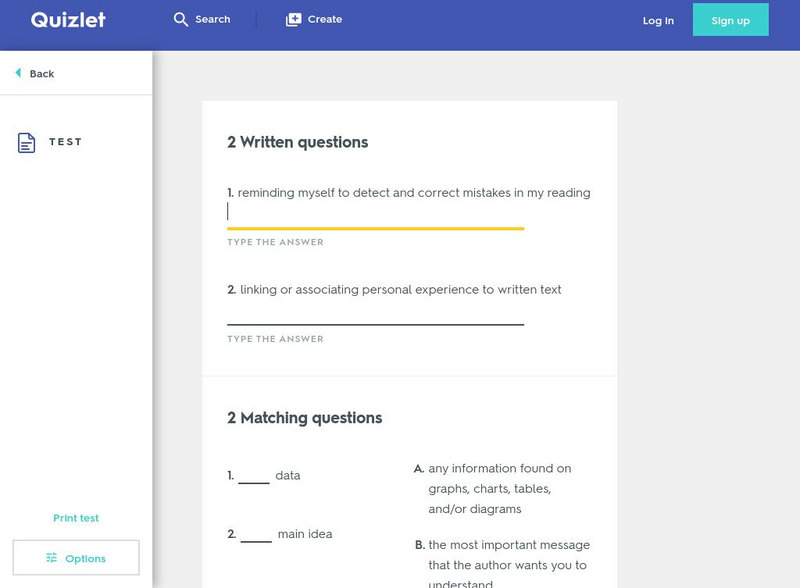
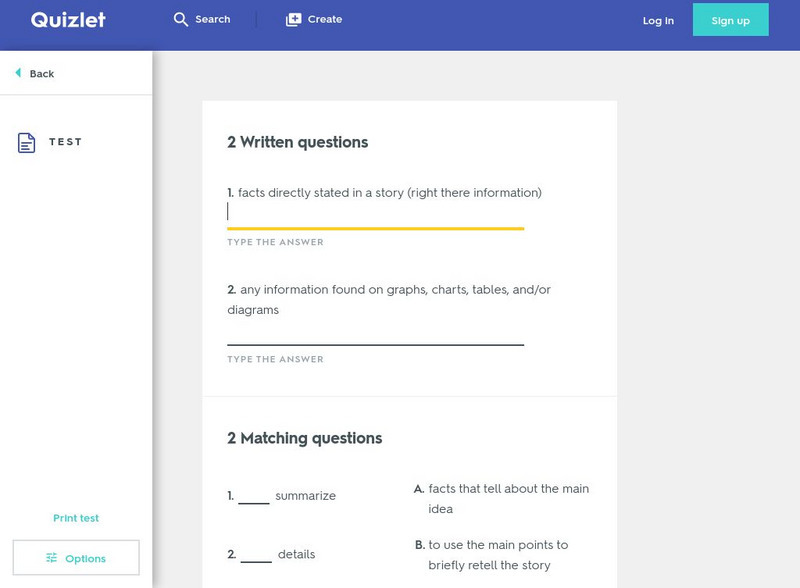
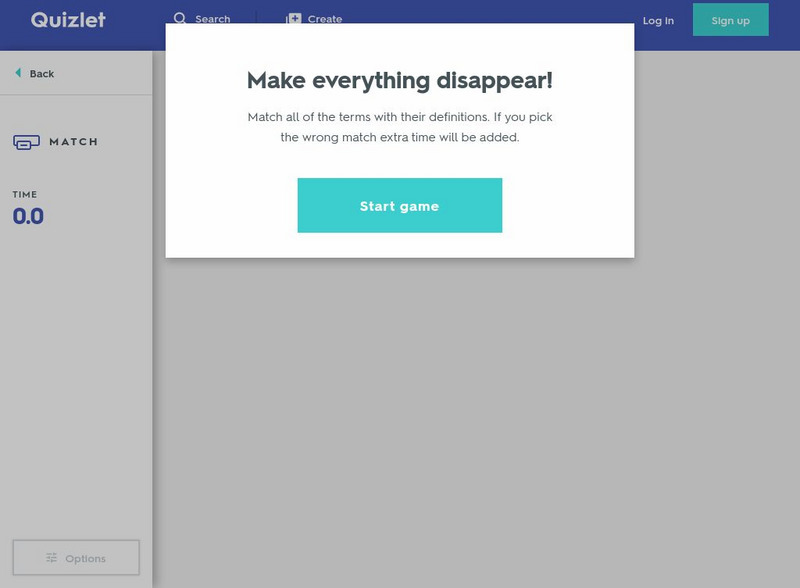
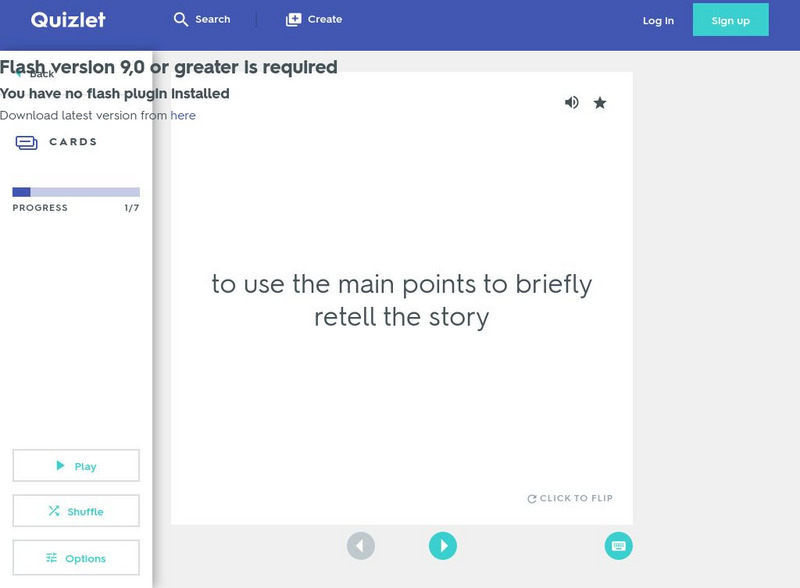






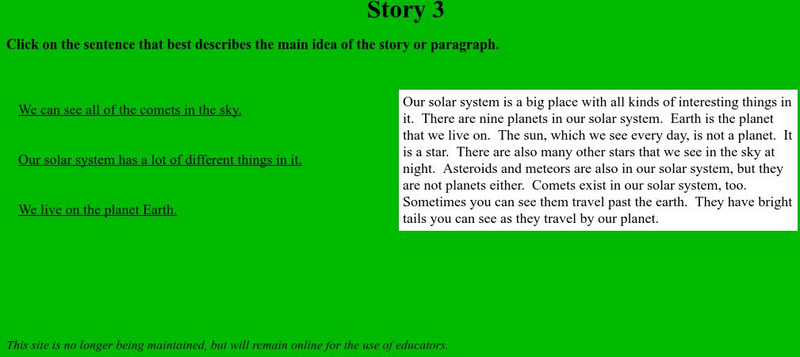

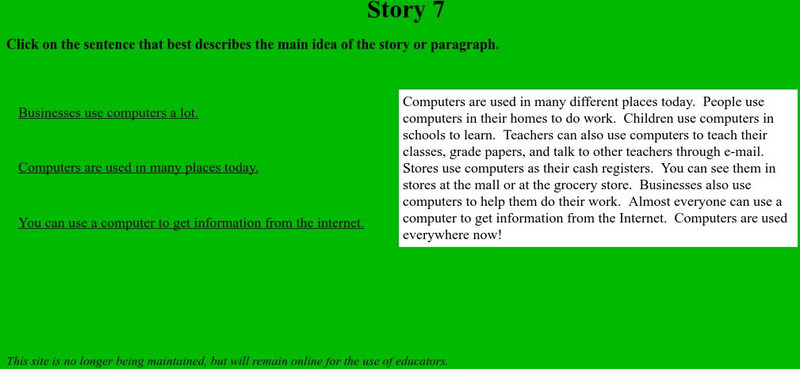
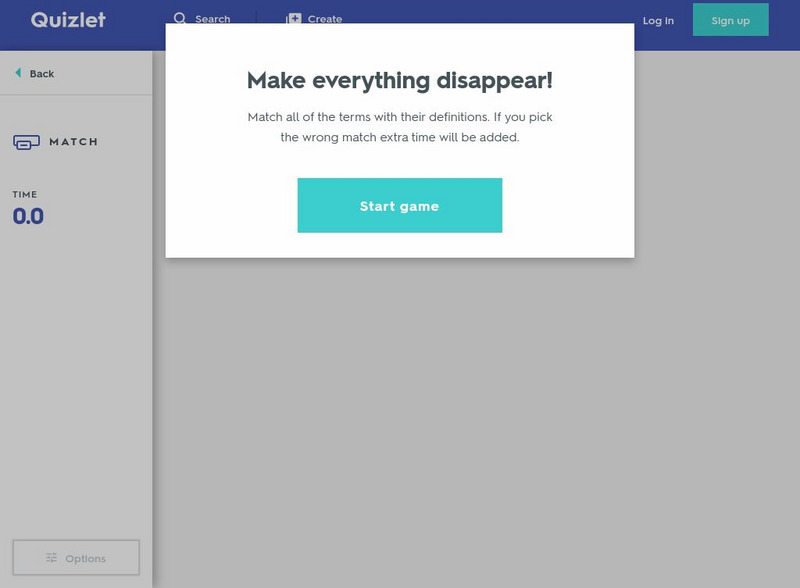


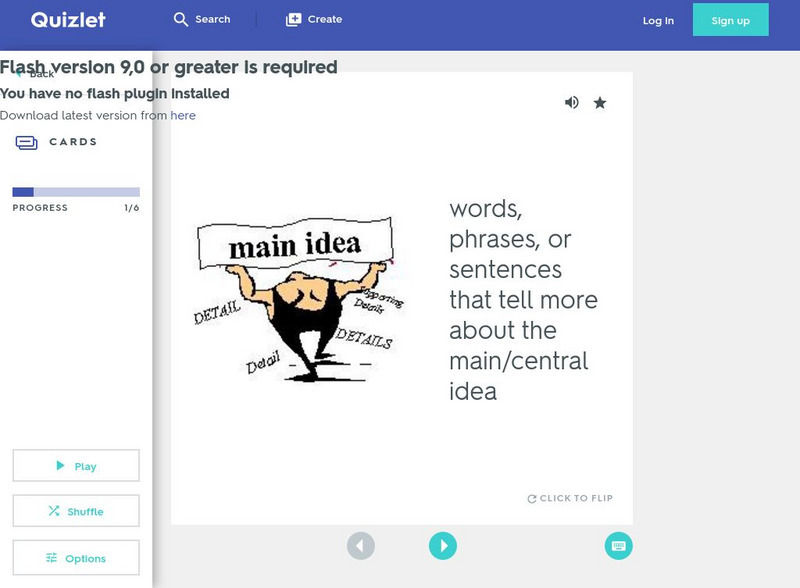
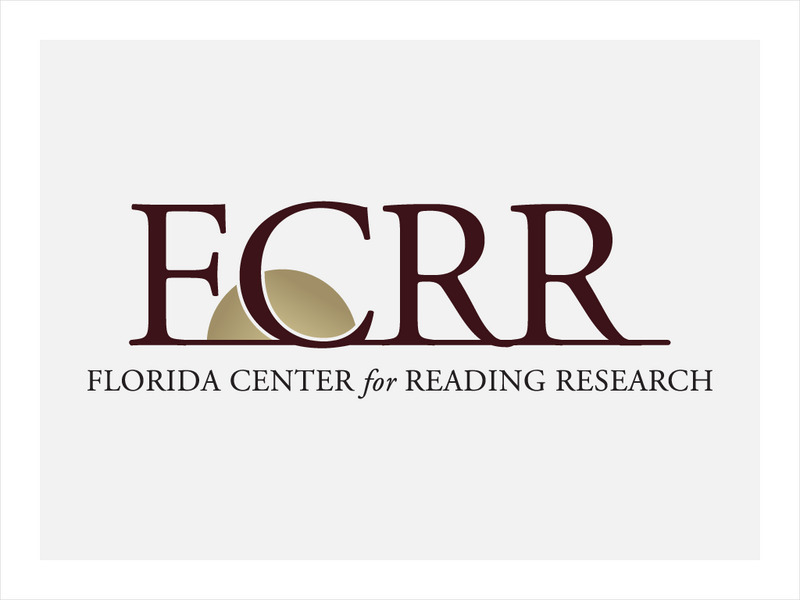
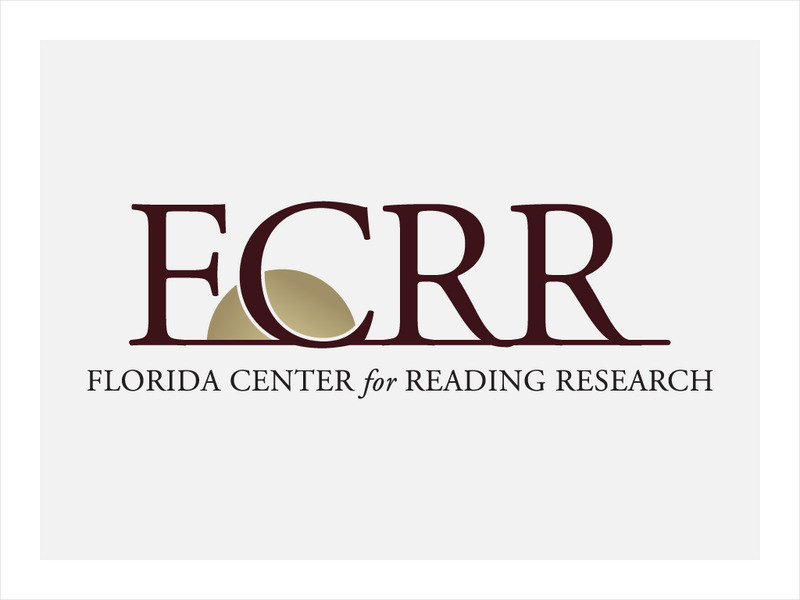
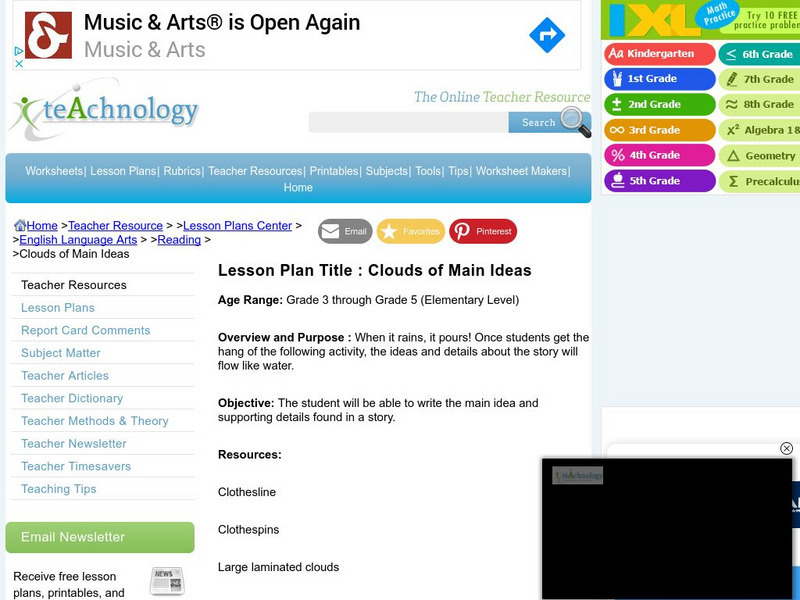
![De Paul University: Center for Urban Education: Why Is Community Service Important? [Pdf] Unit Plan De Paul University: Center for Urban Education: Why Is Community Service Important? [Pdf] Unit Plan](https://d15y2dacu3jp90.cloudfront.net/images/attachment_defaults/resource/large/FPO-knovation.png)
![Florida Center for Reading Research: Expository Exploration [Pdf] Lesson Plan Florida Center for Reading Research: Expository Exploration [Pdf] Lesson Plan](https://content.lessonplanet.com/knovation/original/509114-1621b87800788ad03f8f6464b347c698.jpg?1661786951)